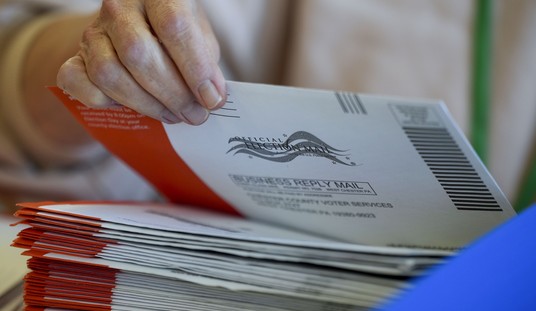As close elections go, the race between Democrat Kris Mayes and Republican Abraham Hamadeh for Arizona Attorney General gives new meaning to the term “razor-thin.”
After the initial count, Mayes led Hamadeh by 511 votes — 511 out of 2.5 million, that is, meaning the difference between the two candidates was less than .02 percent. That narrow margin triggered an automatic recount, as it fell well within the 0.5 percent standard under Arizona law.
In addition to the recount, Hamadeh filed suit over the election due to Election Day irregularities, which suit proceeded to trial on December 23rd. Mohave County Superior Court Judge Lee Jantzen subsequently ruled against Hamadeh, stating, “You haven’t met the burden.”
As part of the litigation, the parties in the case were allowed to inspect a sample of 2,300 ballots. Through the inspection, Hamadeh said he gained a net six votes, while Mayes maintained she netted three votes. “If you extrapolate the numbers, they are not going to get us to 511 votes if you take the sample we have,” said La Sota, who had pushed for a larger sample size.
Hamadeh says they were limited in what they could prove in court. “Based on the constraints imposed on us by the court and the obstruction by the opposing side, we were only given 6 hours with 3 people to attempt to go through 2.5 million ballots,” he wrote on Twitter.
On Thursday, the results of the recount were announced: Mayes retained the lead, but it narrowed even further — to 280 votes.
Hamadeh acknowledged the outcome on Twitter, noting that his legal team would be assessing their options.
The results of the recount show that my opponent’s lead has been cut by nearly half from 511 to 280 votes. A shockingly high discrepancy. Again, a recount just puts the ballots in the machine again.
My legal team will be assessing our options to make sure every vote is counted.
— Abe Hamadeh (@AbrahamHamadeh) December 29, 2022














Join the conversation as a VIP Member